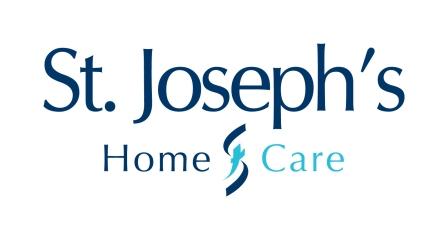
Whether you are a client, family member, friend, or caregiver of someone that needs more help at home, then you know quite a bit about home care. However, not everyone knows what some terms mean and if it relates to them or their loved one. Here is a list of five common terms that are helpful to understand more about home care.
- Activities of Daily Living (ADL’s) and Instrumental Activities of Daily Living (IADL’s)
ADL’s refer to basic activities that healthy people can do on their own each day. For example, bathing, getting dressed, walking, using the bathroom, eating, and getting in and out of bed. For some, it can be more challenging than for others and they are in need of assistance from a family member, friend, or even a health care professional.
IADL’s are activities that are significant for helping someone live independently, but aren’t as critical as ADL’s. Some examples are housecleaning, laundry, shopping, paying bills, transportation, and snow removal.
Click here to learn more about how St. Joseph’s Home Care can help you or a loved one with ADL’s or IADL’s.
- Respite Care
Respite care is a planned or emergency short-term relief to families or caregivers experiencing difficulties meeting the responsibilities of elder care. Caring for a loved one can be a very fulfilling and bonding experience, but it can also take a great toll at times, especially if there are a lot of stressors in your life. Respite care can help relieve some stress for a short time while your loved one is in very capable hands.
Click here to read more about our respite care at First Place Hamilton.
- Falls Prevention
At St. Joseph’s Home Care, we have a program named Safety At Home to reflect home maintenance and falls prevention at home. This program promotes independence and mobility among older adults, allowing them to stay healthy, safe, and strong at home. Our focus is to prevent falls through education and training, to prevent seniors falling and perhaps end up in the hospital.
Click here to learn more about our Safety At Home program and how to arrange a free home assessment.
- Advance Care Planning
This is an important part of care because it is a process of considering, discussing, and planning for the future of health care for the client in case they are unable to consent to treatment. The planning process is all based around the client’s wishes, values, and beliefs. These discussions will normally also be held with the client’s Substitute Decision Maker.
Click here to learn more about how to make an advance care plan.
- Care transitions
At St. Joseph’s Home Care, we strive to assist in the care that each client receives from hospital to home. This is where the term “care transitions” are relevant, as it refers to movements that clients make between the health care professionals as their condition and care changes. For example if a client from St. Joseph’s Home Care is transitioning from hospital to home or the community.


